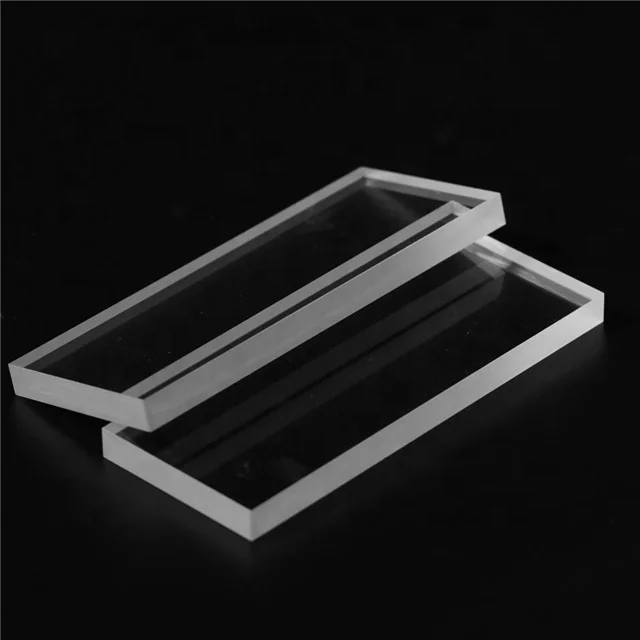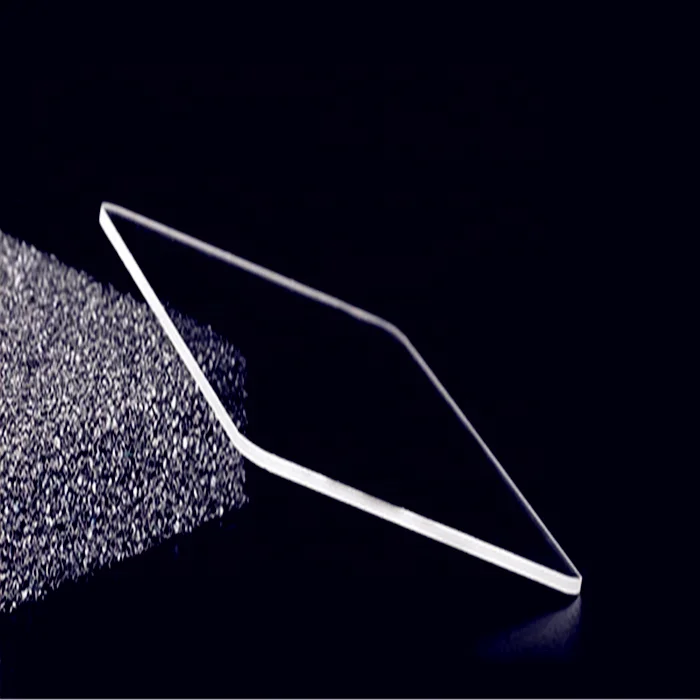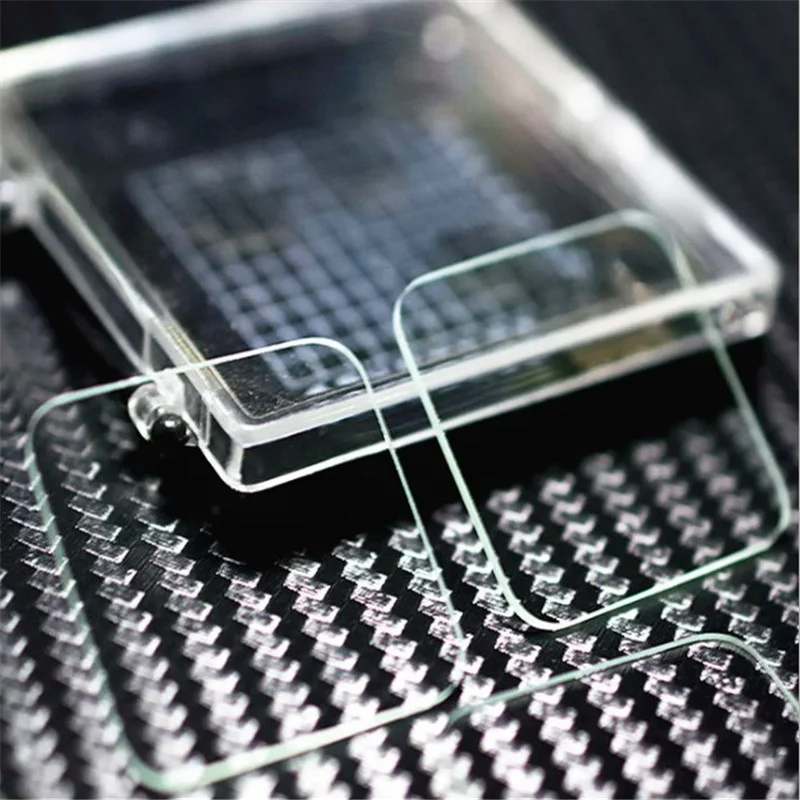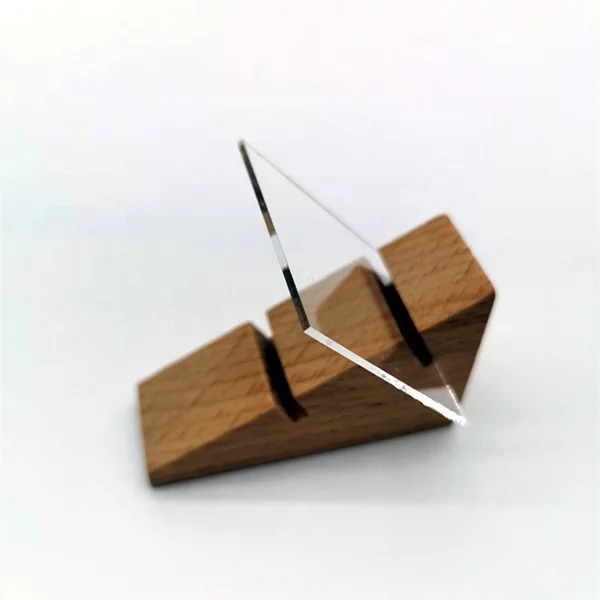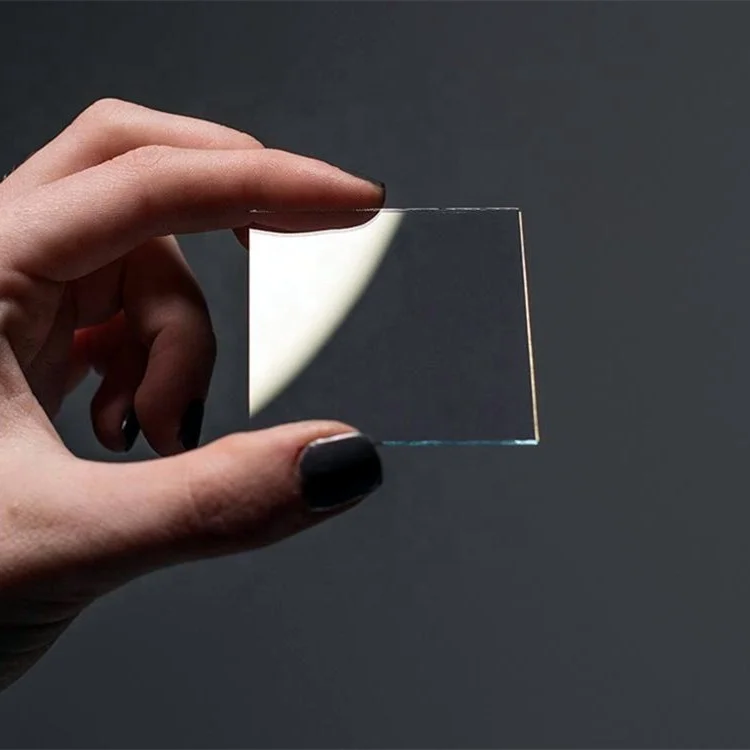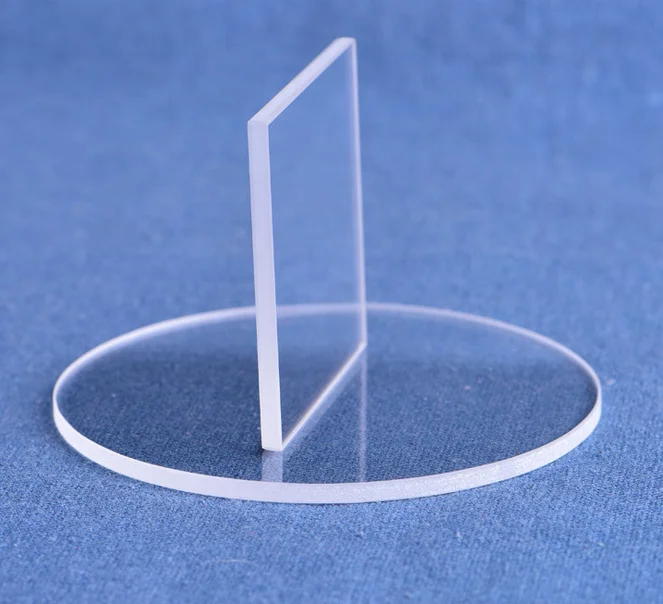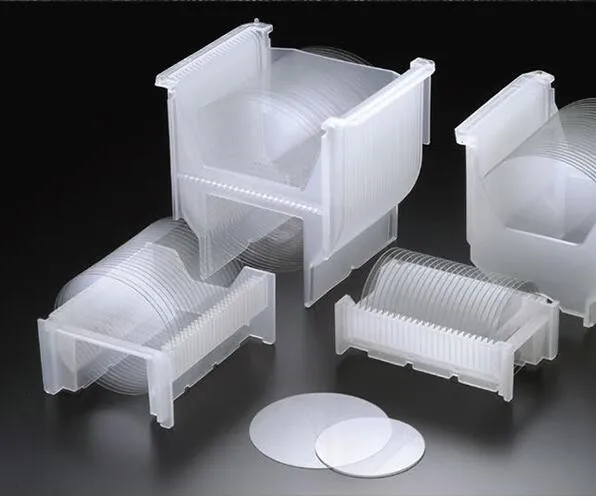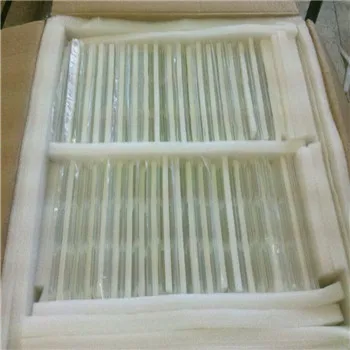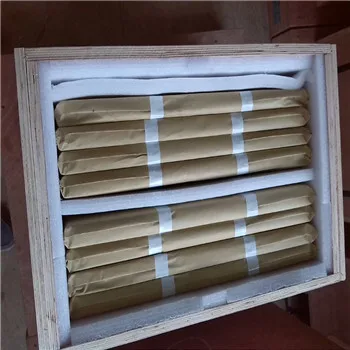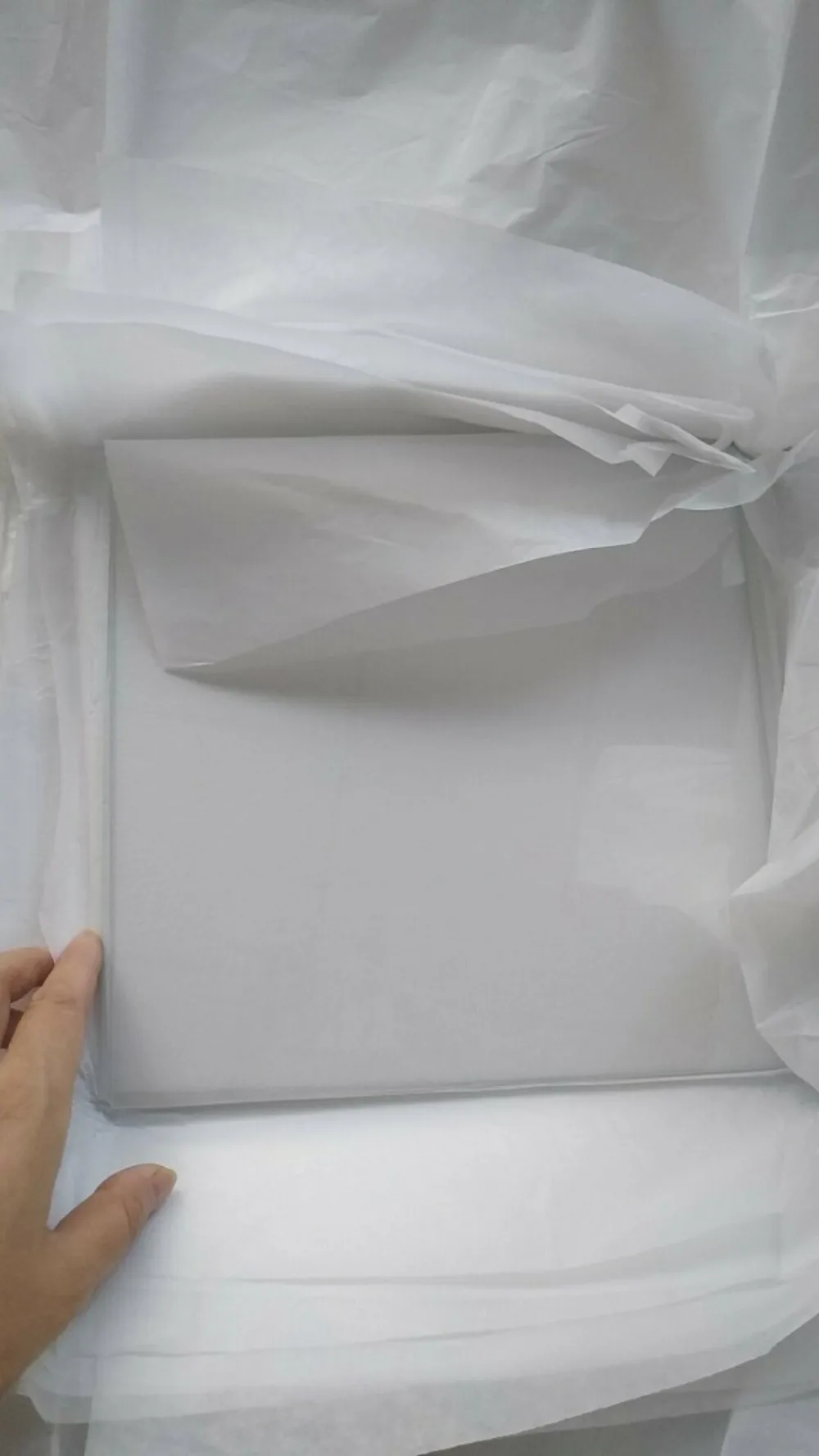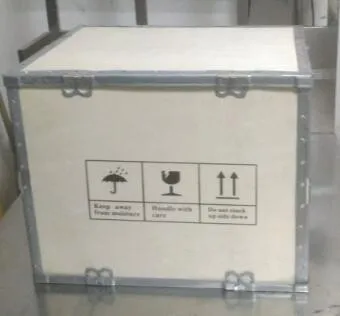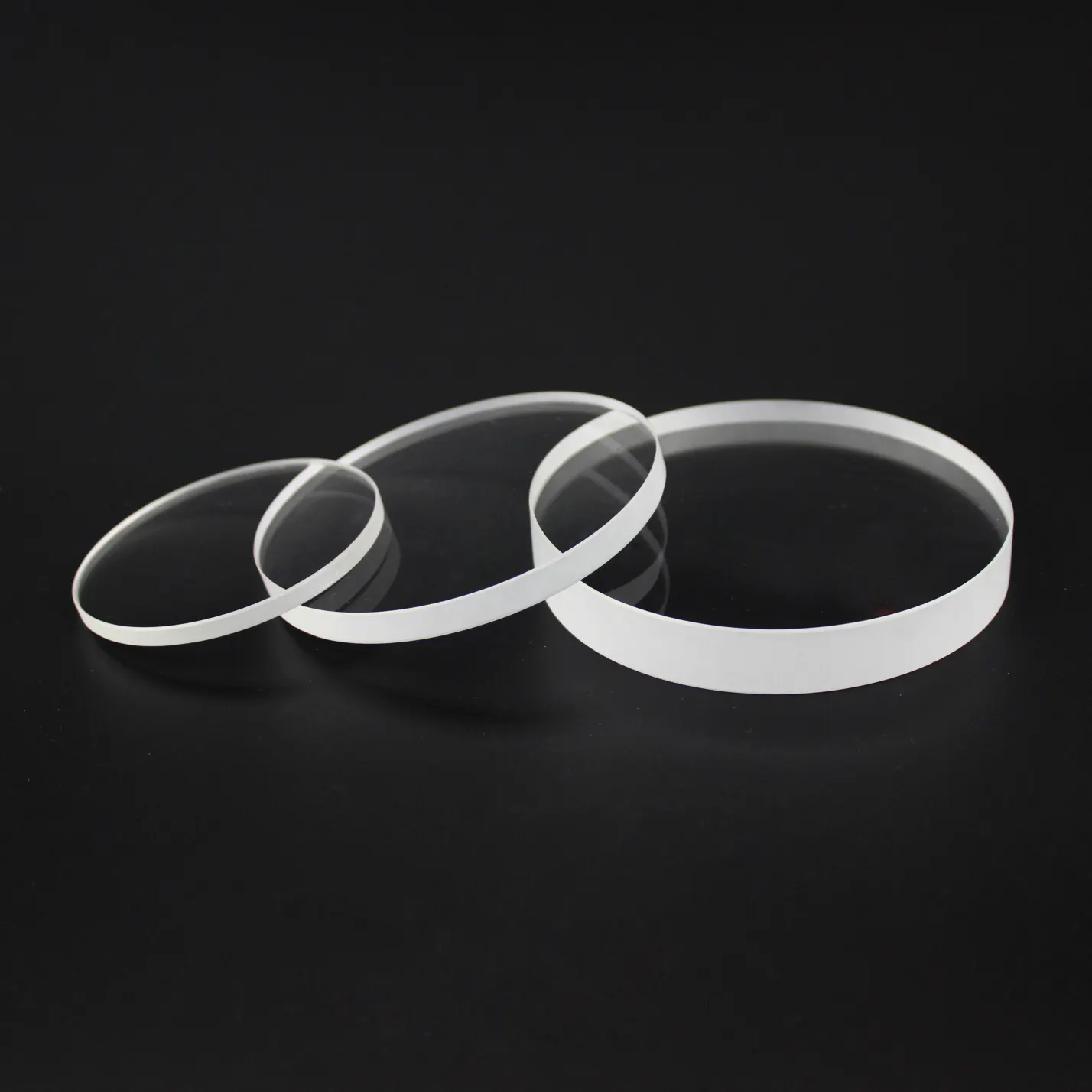Ультратонкие 0 2 мм 3 4 5 7 1 высококачественные закаленные листы боросиликатное стекло на
- Категория: Стекло >>>
- Поставщик: Xinyu,Xu,Tking,Glass,Co.,ltd.
Поделиться:
Описание и отзывы
Трекер стоимости
| Месяц | Минимальная цена | Макс. стоимость |
|---|---|---|
| Aug-16-2025 | 1.10 $* | 1.18 $* |
| Jul-16-2025 | 1.67 $* | 1.1 $* |
| Jun-16-2025 | 1.41 $* | 1.72 $* |
| May-16-2025 | 1.67 $* | 1.0 $* |
| Apr-16-2025 | 1.97 $* | 1.57 $* |
| Mar-16-2025 | 1.11 $* | 1.71 $* |
| Feb-16-2025 | 1.70 $* | 1.57 $* |
| Jan-16-2025 | 1.74 $* | 1.33 $* |
Характеристики
Product Description
Introduction:
A particularly low coefficient of thermal expansion is what makes BOROFLOAT® glass remarkably resistant to high temperature levels. Our borosilicate glass is proven to stand up to high and fluctuating temperatures typical of applications such as high-performance lamps, cinema projectors and inspection panels for chemical reactors. Even with applications where rapid cooling down from higher temperatures is the requirement, BOROFLOAT® glass easily passes the test. For example, the temperature difference between a hot panel center and a cold panel edge.
Outstanding thermal resistance
Very good temperature stability
Excellent resistance to thermal shock
Can be thermally toughened
Can be thermally shaped (3D)
Thermal properties
Coefficient of Linear Thermal Expansion (C.T.E.) α (20 - 300 °C)\t3.25 x 10-6 K-1 *
Specific heat capacity cp (20 - 100 °C)\t0.83 kJ/(kg·K)-1
Thermal conductivity λ (90 °C)\t1.2 W/(m·K)-1
* According to ISO 7991.
Maximum operating temperatures
For short-term usage (< 10 h)\t500 °C
For long-term usage (≥ 10 h)\t450 °C
Viscosity of BOROFLOAT® 33
Working Point (104 dPas)\t1270 °C
LITTLETON temperature / Softening Point (107,6dPas)\t820 °C
Annealing Point (1013 dPas)\t560 °C
Strain Point (1014,5 dPas)\t518 °C
Transformation temperature (Tg)\t525 °C
Detailed Images
Different Glass Wafer
Optical lens
Spotlight glass disc
Optical filter
Cover glass
Our Company
Packing & Delivery
Contact us
Tel:86+13414986564
Skype : yinhuanspring
Sales manager:Spring Lin
.
Похожие товары
Смотровое стекло SGN6S 014-0181
US $10.00-$12.00
Диски из боросиликатного стекла
US $1.35-$5.00
Форма для презервативов из боросиликатного стекла
US $0.30-$1.00
